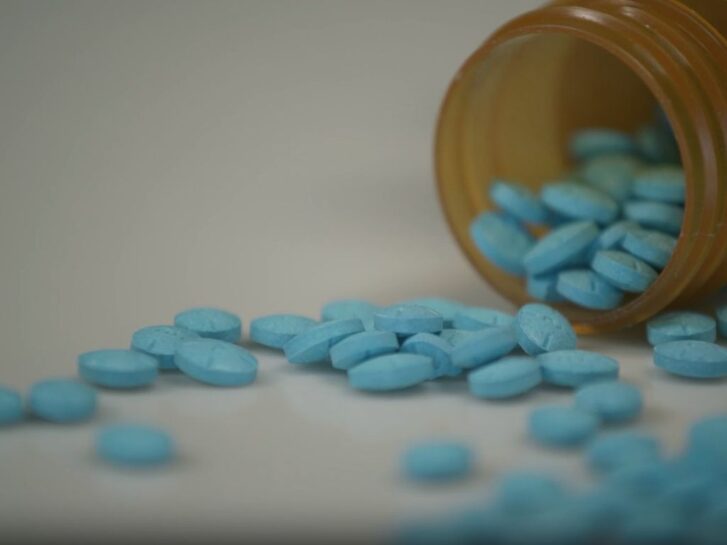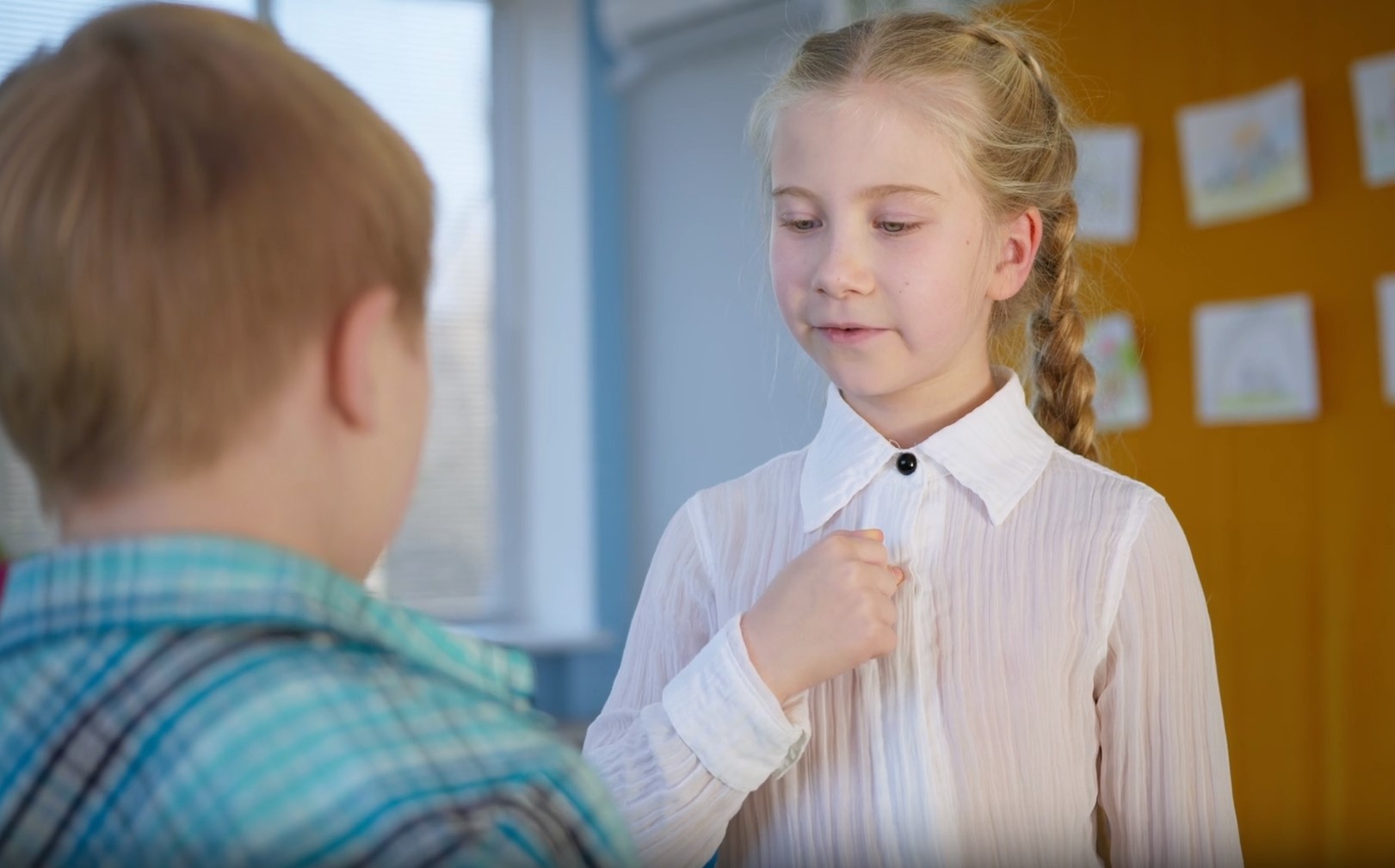People with ADHD often face challenges in building and maintaining social relationships.
This is so because symptoms of this disorder heavily impact social skills. This article will explain how ADHD affects an individual’s social skills and whether medication can help improve them.
For example, individuals may struggle with interrupting conversations, misinterpreting social cues, or reacting emotionally in situations that require a more measured response. These challenges often culminate in difficulties forming and maintaining personal relationships, leading to a cycle of social rejection and loneliness. The symptoms differ in children and adults, also the criteria for social skills are different for the two – what is considered acceptable for children, will be drastically frowned upon for adults. Children with ADHD often struggle with impulse control, leading them to interrupt others during conversations. This behavior can make it difficult for them to participate in reciprocal dialogue, impacting their ability to form friendships and engage socially. For example, it can manifest as a challenge in waiting for their turn in games or group activities. This can frustrate peers and lead to social isolation as the child may be perceived as not playing fairly or being overly dominant. Children with ADHD might talk excessively, dominating conversations and not allowing others to speak. This can hinder their ability to listen and respond appropriately in social interactions, affecting their social relationships. A lack of attention can result in missing important social cues, such as body language or tone of voice, leading to misinterpretations and inappropriate responses in certain social situations.Key Takeaways
How ADHD Affects Social Skills?
Symptoms in Children
1. Interrupting Conversations
2. Hyperactivity
3. Excessive Talking
4. Inattention to Social Cues
Symptoms in Adults
1. Blurting Out Responses
Adults with ADHD may answer questions before they are fully asked or interrupt others because they act on impulse without thinking through the consequences. This can lead to misunderstandings and can strain professional and personal relationships.
2. Extreme Impatience
It can, for example, lead to make quick decisions without considering their long-term impact on relationships and responsibilities. This is why conflict and mistrust among friends, family, and colleagues often occur.
3. Lack of attention
This mean they can keep forgetting significant dates, conversations, or commitments. Inattention affects relationships, as friends and partners may feel undervalued or ignored.
4. Failing to Pick Up on Nonverbal Cues
Same as for children, adults can miss nonverbal signals in social interactions, such as facial expressions or body language, leading to inappropriate responses and making social navigation challenging. Only with adults this is found inadmissible.
How do ADHD Medications Work?
Medications, such as methylphenidate and amphetamines, are primarily stimulants that affect the brain’s neurotransmitters dopamine and norepinephrine. It’s known that dopamine can increase sociability and extroversion. This neurotransmitter also helps us feel good and enhances our ability to empathize with others, making us more willing to adapt to their needs.
Stephen V. Faraone: The alterations in these neurotransmitter systems affect the function of brain structures that moderate executive function, working memory, emotional regulation, and reward processing.
Also, these chemicals play a crucial role in controlling attention, impulsivity, and hyperactivity – all ADHD symptoms that affect social behavior. So it’s logical that by increasing the levels of these neurotransmitters, ADHD medications can enhance social skills. But, just to conclude, these medications don’t directly transform individuals into social experts, as they are not a magic wand. Instead, they have an impact on the factors that typically hinder social interactions and reduce an individual’s social skills.

These medications have an effect on certain symptoms, which in turn affect an individual’s social skills. They can help in controlling impulsive behavior, allowing individuals to take a moment and think before responding in social situations.
Also, the improved focus brought about by medication can aid in better interpretation of social cues and more meaningful participation in conversations. For instance, a study published in the Journal of Child Psychology and Psychiatry found that children with ADHD who received stimulant medication showed significant improvements in peer relationships compared to those who did not receive medication. Specifically, the study highlighted a decrease in conflict with friends and an increase in positive social engagements, such as sharing and cooperation.
Another example is a systematic review that reported improvements in social skills following ADHD medication treatment, including better listening skills, increased ability to follow conversations, and improved turn-taking in discussions. These improvements were attributed to the medication’s effectiveness in enhancing the ability to focus on social cues and regulate behavioral responses in social settings.
But, it’s crucial to approach these findings with a nuanced perspective. The improvement in social skills may vary from person to person, and while medication addresses the neurological underpinnings of ADHD, it does not inherently teach social skills.
Ways in Which ADHD Medications Improve One’s Social Skills
| Effect of ADHD medication | How it manifest? |
|---|---|
| Enhanced focus on social interactions | Medications can help individuals pay closer attention to conversations and the social dynamics around them, making it easier to engage in meaningful social exchanges. |
| Reduced impulsive behavior | Individuals start to think before they act or speak, which leads to more appropriate responses in social situations. This can decrease instances of interrupting others or engaging in socially awkward behaviors. |
| Increased ability to interpret social cues | Improved concentration give them the ability to notice and correctly interpret nonverbal cues. |
| Improved emotional regulation | They become better in managing their emotions, which reduce the likelihood of overreactions in social contexts. This way they maintain calm and composed interactions with others. |
| Greater participation in group activities | With reduced hyperactivity and enhanced focus, individuals are more likely to participate effectively in group activities, contributing positively and fitting in better with their peers. |
| Better organization and planning | Improved executive functioning skills, such as organization and planning, lead to better preparedness for social engagements and commitments, making social interactions more smooth and predictable. |
FAQs
Conclusion
ADHD medications can provide a foundation for improving attention and reducing impulsivity, but they do not directly teach social skills. Instead, they create a more favorable baseline from which individuals can engage in social skills training and apply new strategies in their interactions.
Related Posts:
- Everything You Need to Know About Sucralose: A Guide…
- How Heavy Should a Weighted Blanket Be? Everything…
- The Cost of A Psychological Evaluation - Everything…
- Psychological Facts About Soulmates You Might Not…
- Denial to Acceptance – What You Need to Know
- Psychology Facts About Dreaming of Someone - Here’s…














